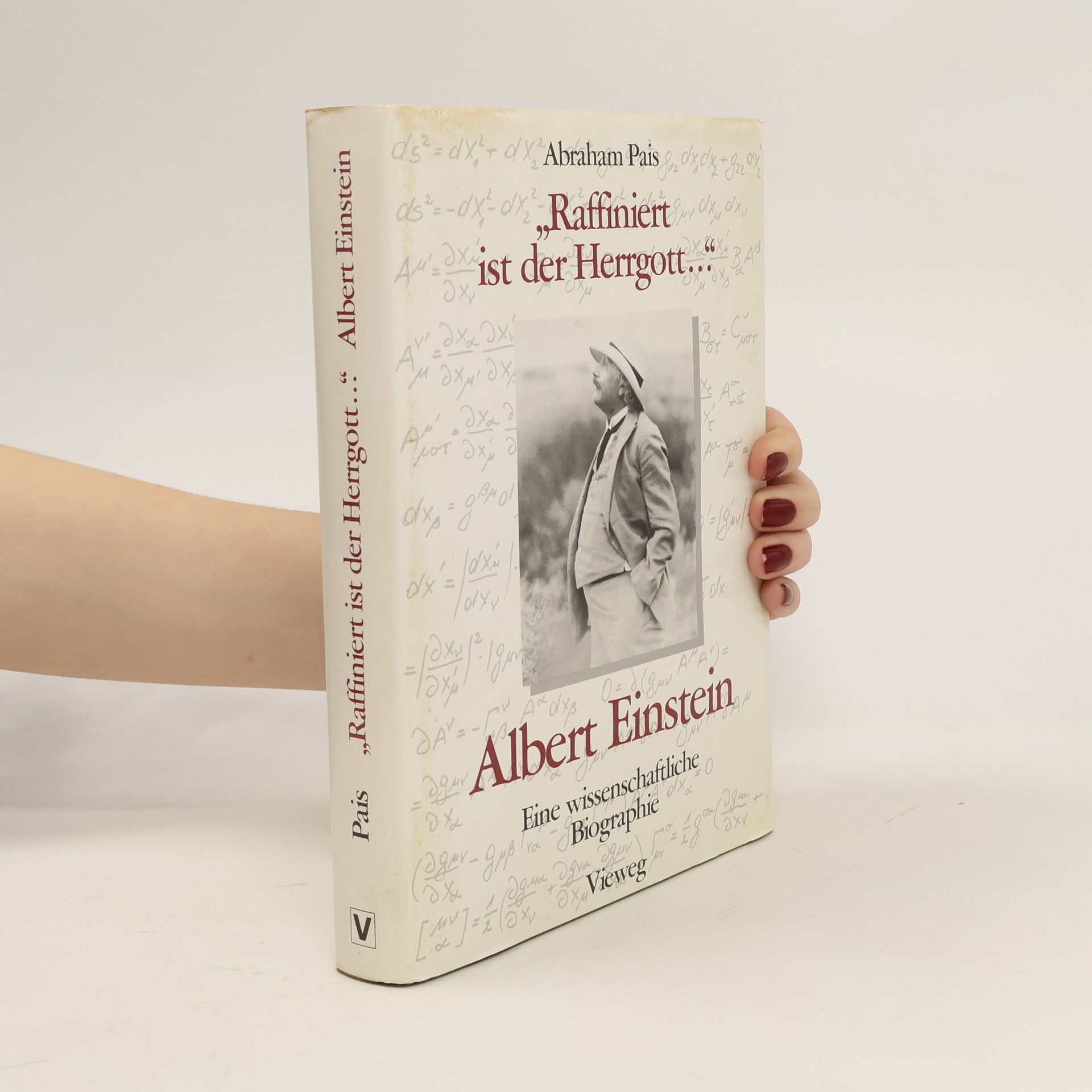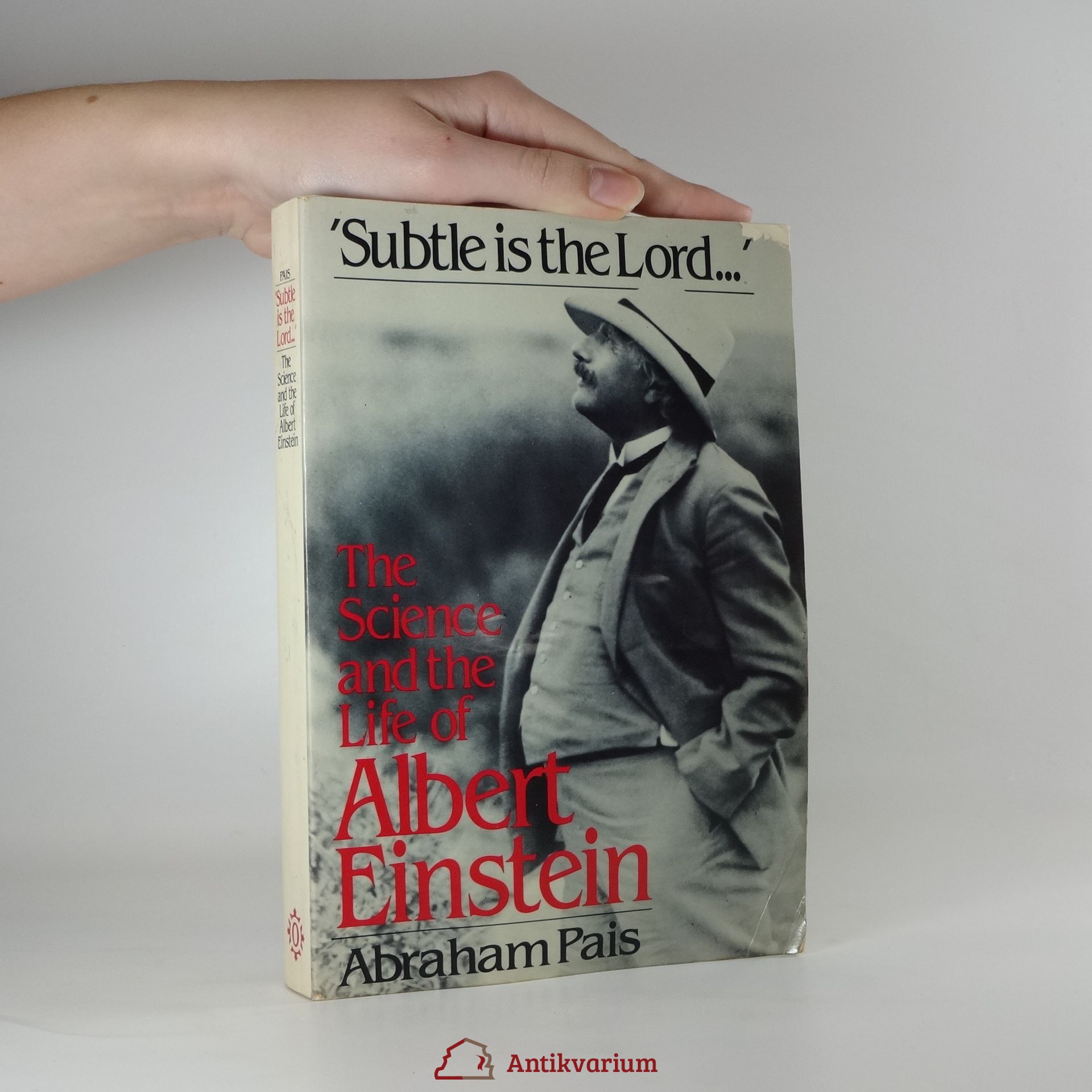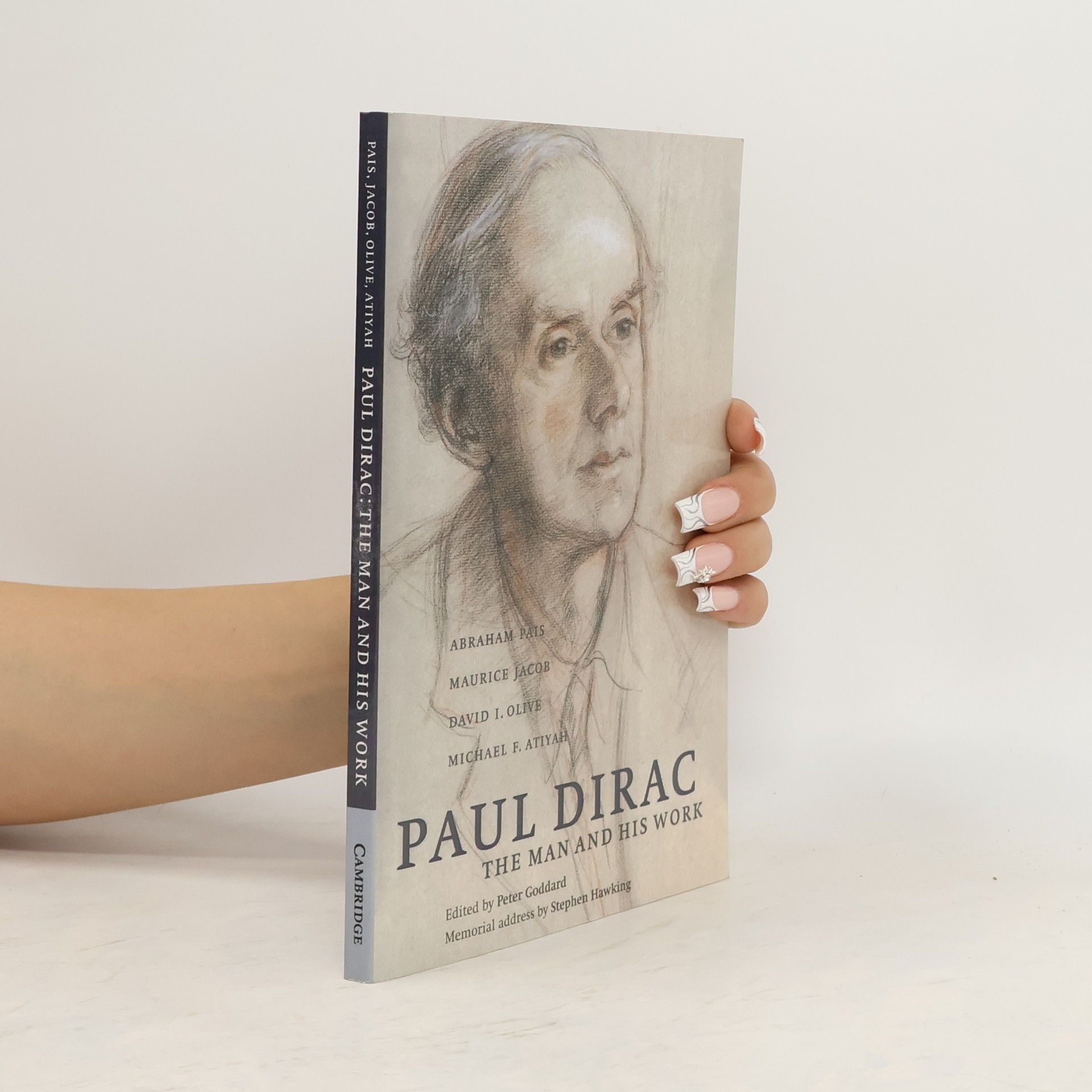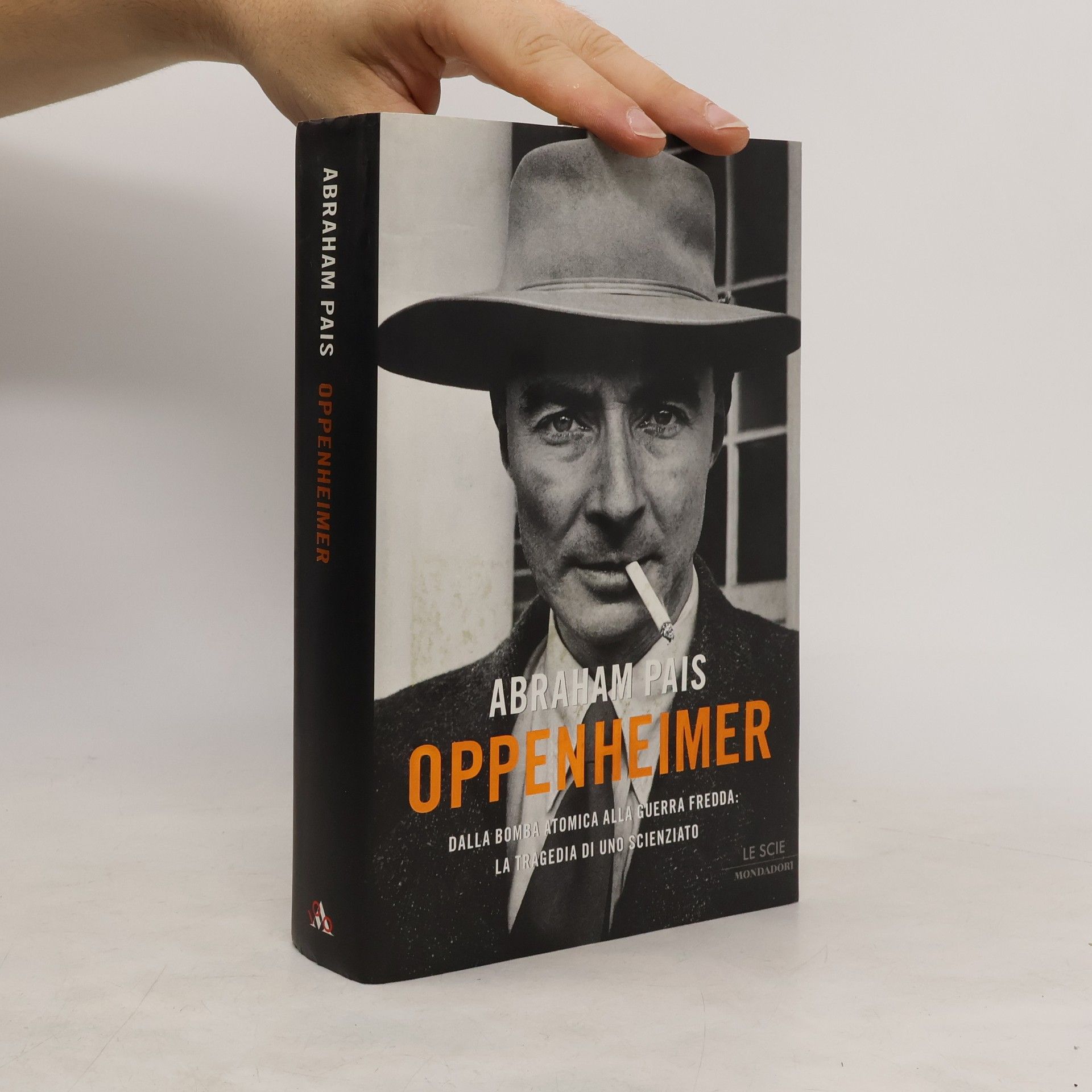Oppenheimer. Dalla bomba atomica alla guerra fredda
- 431pagine
- 16 ore di lettura
Abraham Pais fu un fisico specializzato in fisica delle particelle che, in seguito, divenne un rinomato storico della scienza dopo aver lavorato a stretto contatto con scienziati di spicco come Niels Bohr e Albert Einstein. Il suo lavoro si concentrò sulla comprensione della meccanica quantica e sulla natura della materia e dell'energia. Gli scritti di Pais offrono profonde intuizioni sullo sviluppo della fisica moderna e sulle personalità che l'hanno plasmata. Il suo approccio analitico e la sua abilità narrativa rendono le sue opere accessibili a un vasto pubblico.






Paul Adrien Maurice Dirac was one of the founders of quantum theory. He is numbered alongside Newton, Maxwell and Einstein as one of the greatest physicists of all time. Together the lectures in this volume, originally presented on the occasion of the dedication ceremony for a plaque honoring Dirac in Westminster Abbey, give a unique insight into the relationship between Dirac's character and his scientific achievements. The text begins with the dedication address given by Stephen Hawking at the ceremony. Then Abraham Pais describes Dirac as a person and his approach to his work. Maurice Jacob explains how Dirac was led to introduce the concept of antimatter, and its central role in modern particle physics and cosmology. This is followed by David Olive's account of the origin and enduring influence of Dirac's work on magnetic monopoles. Finally, Sir Michael Atiyah explains the deep and widespread significance of the Dirac equation in mathematics.
(Autor) Abraham Pais (Titel) Ich vertraue auf Intuition (copy) ! Pressestimme „Pais dokumentiert Einsteins private und veröffentlichte Ansichten über Gott und die Welt ganz ohne das übliche Pathos. Als guter Biograph zeigt er dem Leser die geistige EWelt eines genialen Physikers und schließlich auch die Grenzen dieser Welt.“ Die Zeit (Biblio) 1998. 360 S., 25 Abb., kart. € 15,- /sFr 24,- ISBN 3-8274-0394-4